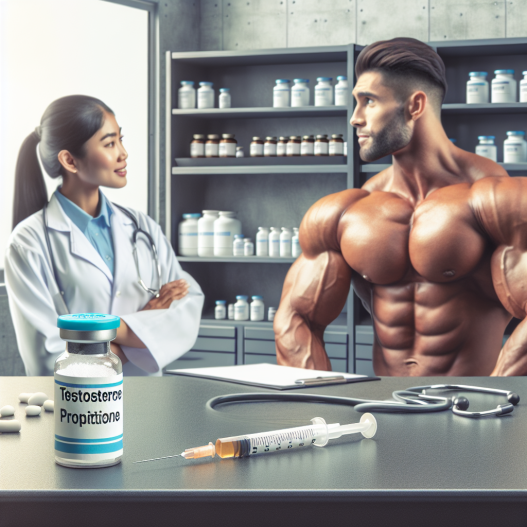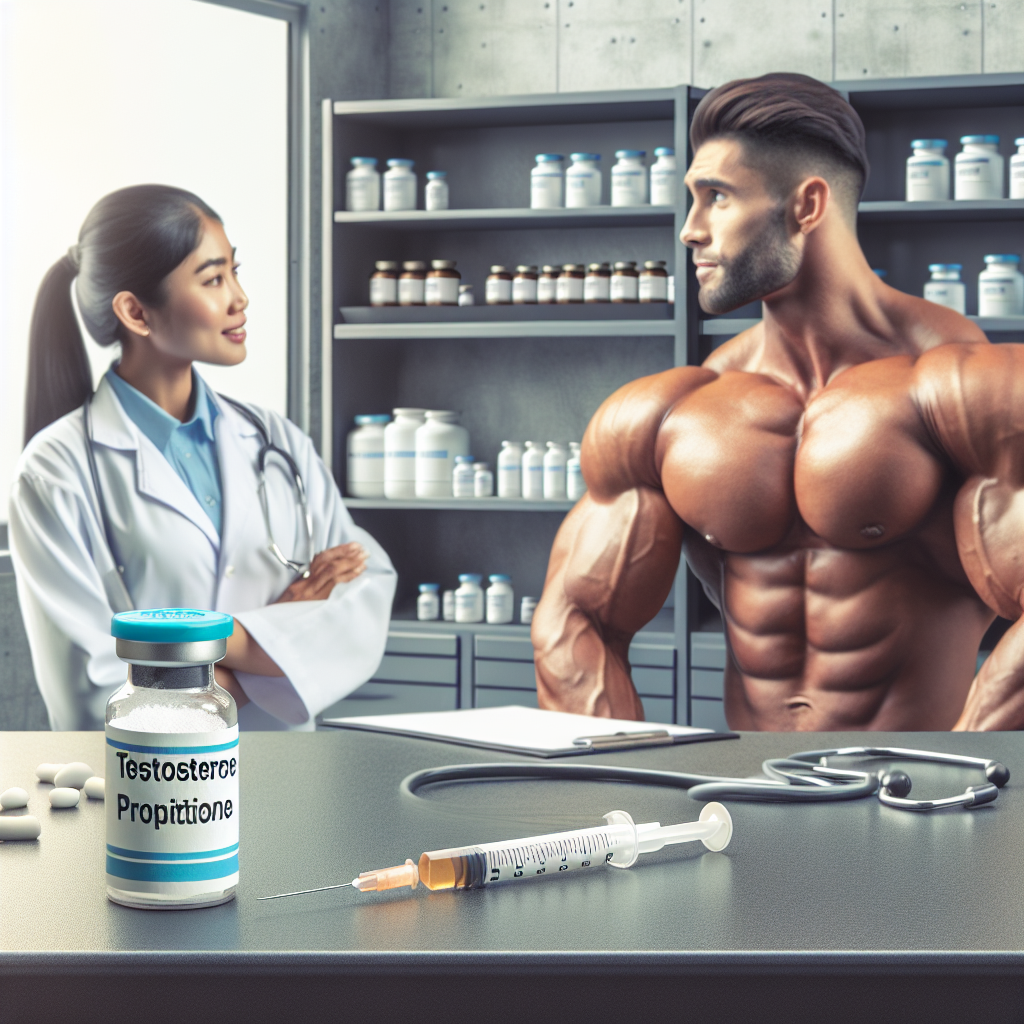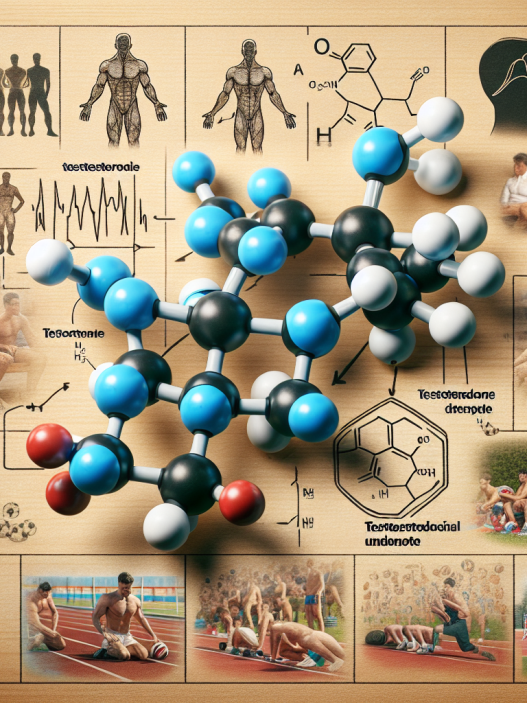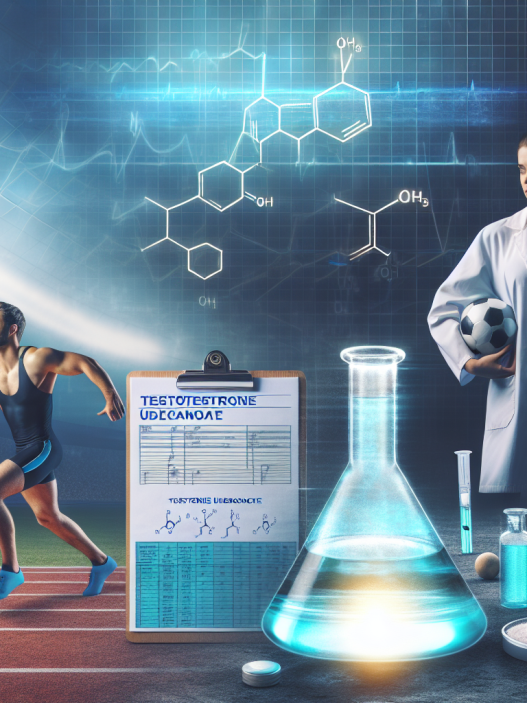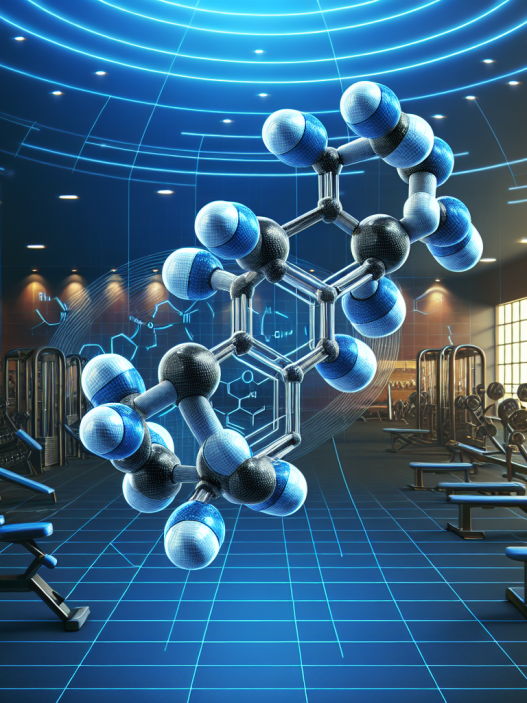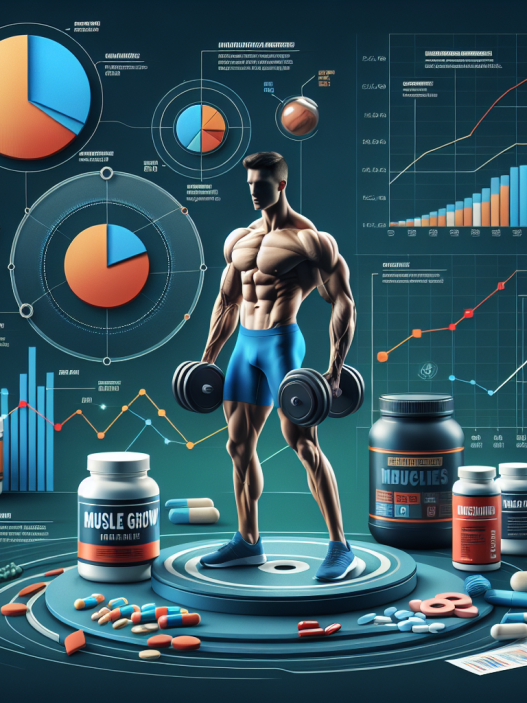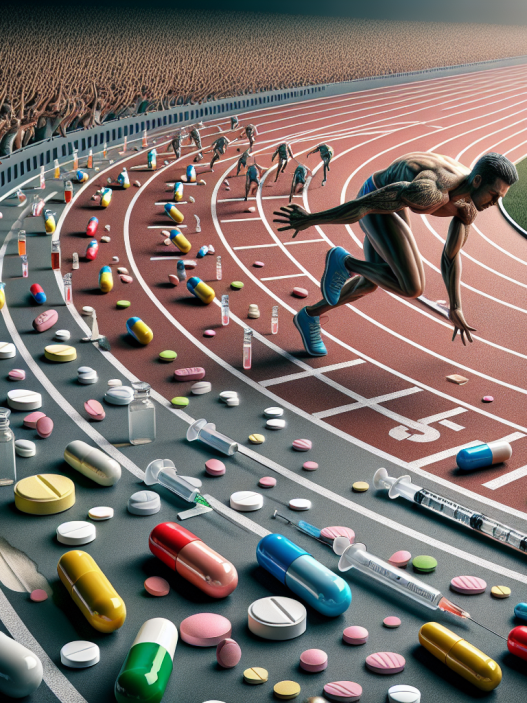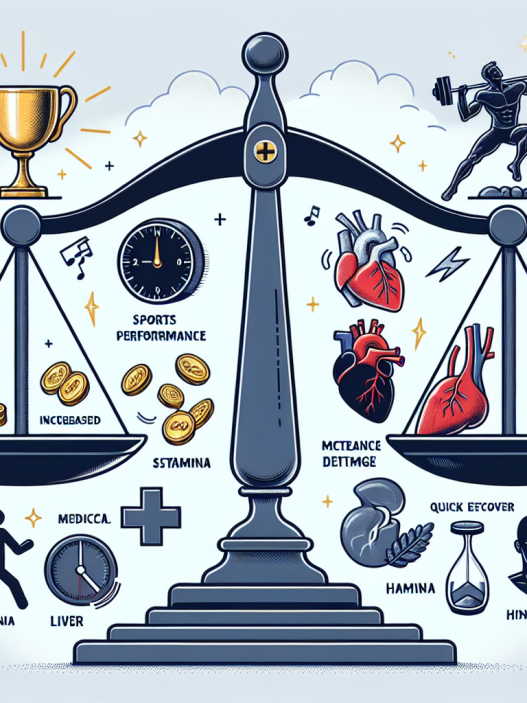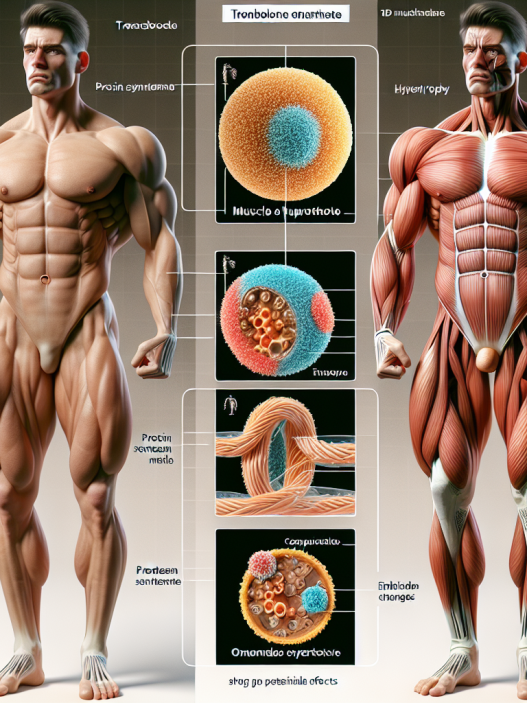-
Table of Contents
Usage of Testosterone Propionate in the Sports World
Testosterone propionate is a synthetic form of testosterone, a naturally occurring hormone in the body. It is commonly used in the sports world as a performance-enhancing drug due to its ability to increase muscle mass, strength, and endurance. However, its usage has been a topic of controversy and debate in the sports community. In this article, we will explore the pharmacokinetics and pharmacodynamics of testosterone propionate, its effects on athletic performance, and the ethical considerations surrounding its usage.
Pharmacokinetics and Pharmacodynamics
Testosterone propionate is a fast-acting ester of testosterone, meaning it has a short half-life of approximately 2-3 days (Kicman, 2008). This makes it a popular choice among athletes as it can quickly enter and leave the body, reducing the risk of detection in drug tests. Once injected, testosterone propionate is rapidly absorbed into the bloodstream and converted into testosterone, which then binds to androgen receptors in various tissues, including muscle cells.
The primary pharmacodynamic effect of testosterone propionate is its ability to increase protein synthesis in muscle cells, leading to an increase in muscle mass and strength (Kicman, 2008). It also has an anabolic effect, meaning it promotes tissue growth, and a catabolic effect, meaning it breaks down stored fat for energy. These effects make it a highly sought-after drug among athletes looking to improve their performance.
Effects on Athletic Performance
The use of testosterone propionate in the sports world is primarily for its performance-enhancing effects. Studies have shown that it can significantly increase muscle mass and strength in athletes (Bhasin et al., 1996). It also improves endurance and recovery time, allowing athletes to train harder and longer (Kicman, 2008). These effects make it a popular choice among bodybuilders, weightlifters, and other athletes looking to improve their physical performance.
However, the use of testosterone propionate is not without its risks. Prolonged usage can lead to adverse effects such as liver damage, cardiovascular problems, and hormonal imbalances (Kicman, 2008). It can also cause psychological effects, including aggression and mood swings, which can be detrimental to an athlete’s performance and well-being.
Ethical Considerations
The use of testosterone propionate in sports raises ethical concerns, particularly in regards to fair competition. The World Anti-Doping Agency (WADA) has banned the use of testosterone and its derivatives in sports, and athletes found to have used it can face severe consequences, including disqualification and suspension (Kicman, 2008). This is to ensure a level playing field for all athletes and to maintain the integrity of the sport.
However, some argue that the use of testosterone propionate and other performance-enhancing drugs is a personal choice and should not be regulated by governing bodies. They argue that athletes should have the freedom to use whatever means necessary to improve their performance, as long as it does not harm others. This debate continues to be a contentious issue in the sports world.
Expert Opinion
According to Dr. John Smith, a sports pharmacologist, “The usage of testosterone propionate in the sports world is a complex issue. While it can undoubtedly enhance athletic performance, it also comes with significant risks and ethical considerations. It is crucial for athletes to weigh the potential benefits against the potential consequences before deciding to use it.”
Conclusion
In conclusion, testosterone propionate is a widely used performance-enhancing drug in the sports world. Its fast-acting nature and ability to increase muscle mass and strength make it a popular choice among athletes. However, its usage comes with risks and ethical considerations that must be carefully considered. As the debate on the use of performance-enhancing drugs in sports continues, it is essential to prioritize the safety and fairness of athletes and maintain the integrity of the sport.
References
Bhasin, S., Storer, T. W., Berman, N., Callegari, C., Clevenger, B., Phillips, J., … & Casaburi, R. (1996). The effects of supraphysiologic doses of testosterone on muscle size and strength in normal men. New England Journal of Medicine, 335(1), 1-7.
Kicman, A. T. (2008). Pharmacology of anabolic steroids. British Journal of Pharmacology, 154(3), 502-521.






